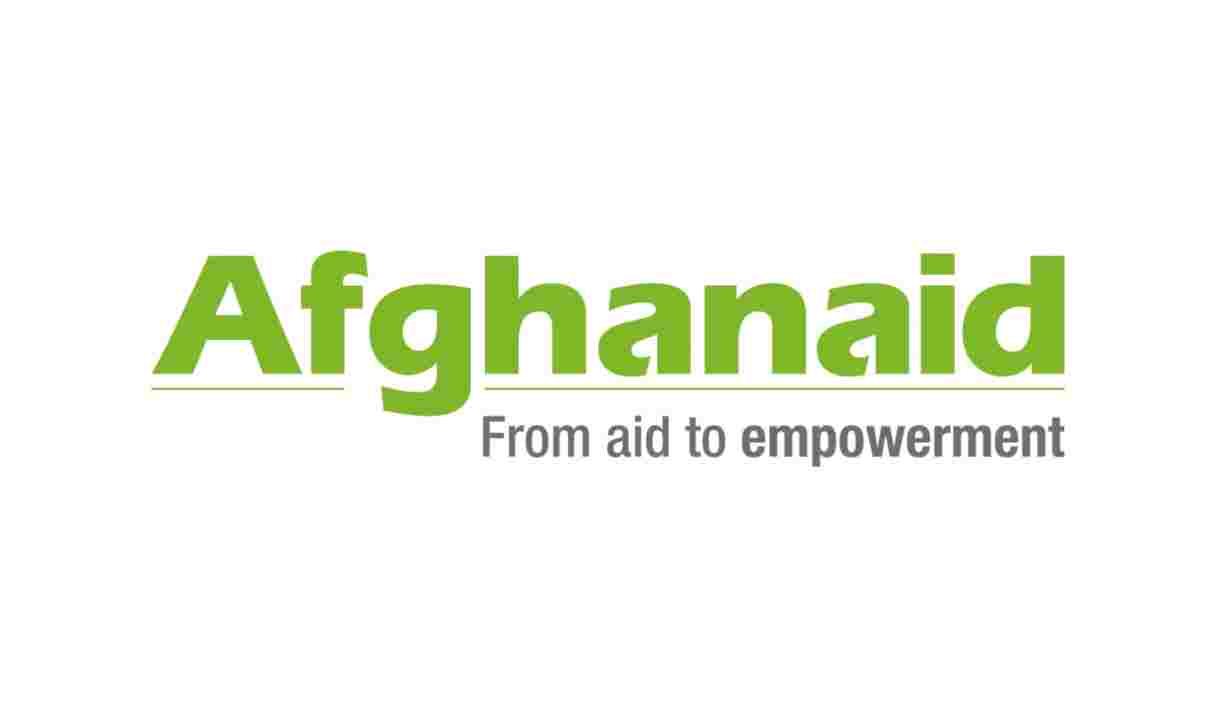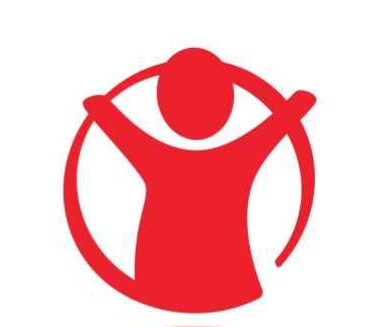Diversity, Equity and Inclusion are core principles at UNDP: we value diversity as an expression of the multiplicity of nations and cultures where we operate, we foster inclusion as a way of ensuring all personnel are empowered to contribute to our mission, and we ensure equity and fairness in all our actions. Taking a ‘leave no one behind’ approach to our diversity efforts means increasing representation of underserved populations. People who identify as belonging to marginalized or excluded populations are strongly encouraged to apply. Learn more about working at UNDP including our values and inspiring stories.
UNDP does not tolerate sexual exploitation and abuse, any kind of harassment, including sexual harassment, and discrimination. All selected candidates will, therefore, undergo rigorous reference and background checks.
UNDP is the leading United Nations organization fighting to tackle the injustices of poverty, inequality, and climate change on a global scale. Working with our broad network of experts, host governments and partners in 170 countries, we help nations to build integrated, lasting solutions for people and planet. UNDP has been working in Afghanistan for more than 50 years on climate change and resilience, gender, governance, health, livelihoods, and rule of law.
Following the power shift in August 2021, the situation for the country remains largely uncertain and fragile, with approximately seventy percent of the population facing multifaceted vulnerabilities affecting their well-being, human security and long-term development while nearly a third of the population are estimated to be acutely food insecure. Over the recent years, international assistance has played a vital role in averting a socioeconomic collapse by providing lifesaving, resilience-building and livelihoods-sustaining assistance to millions of people, hundreds of critical healthcare and educational centres, and tens of thousands of small and medium enterprises, often owned and managed by women. Nevertheless, the humanitarian challenge in Afghanistan is one of the biggest in the world, and basic human needs and priorities remain extremely high. In 2024, 95 percent of households experienced at least one shock of an economic or natural disaster nature such as floods, droughts and others.
To help tackle the pressing challenges for enduring livelihoods and climate resilience, UNDP is designing fit-for-purpose portfolios of programs to create new livelihoods, income opportunities, basic services and to build resilience against climate-induced natural calamities that continue to haunt millions of households in the country.
Afghanistan remains one of the most gender-unequal countries in the world, with women facing systemic challenges hindering their access to education and employment opportunities in the public sector and restricting their participation in public life. UNDP remains committed to women's empowerment through capacity-building initiatives, livelihoods and self-employment/employment support, enhancing gender-responsive decision-making at community level, and supporting local communities to include women, in line with UNSCR 1325 (Women, Peace, and Security).
UNDP adopts a portfolio approach to accommodate changing business needs and leverage linkages across interventions to achieve its strategic goals. This is a recognition of the interconnected nature of development risks and crises that the world is facing and that calls for assembling of multidisciplinary teams for an integrated and systemic response. Therefore, UNDP personnel are expected to work across issues, units, functions, teams, and projects in multidisciplinary teams to enhance and enable horizontal collaboration.
The Sustainable Livelihood and Resilience portfolio adopts a holistic approach to addressing Afghanistan’s complex challenges, emphasizing human development as an overarching objective. It prioritizes safeguarding lives, enhancing resilience to shocks, and supporting livelihoods. This portfolio bridges macro-level interventions in socio-economic development, trade and financial systems with localized interventions, focusing on resilience-building, access to finance, livelihood creation, social cohesion, and equitable access to essential services. Guided by the country office management, the portfolio adopts solutions adjusted to the unique context in Afghanistan while also ensuring alignment with the SDGs, especially SDG 5 and 10, by integrating gender equality, reducing inequalities, and fostering sustainable development.
Collaborating with UN agencies, donors, and national stakeholders, the team designs and implements multi-year, conflict-sensitive interventions that enhance livelihoods, access to finance, private sector recovery, economic resilience, and access to basic services and infrastructure. By promoting financial inclusion, essential services infrastructure, and private sector engagement, the portfolio supports Afghan communities’ capacity to withstand economic, social, and environmental shocks. Gender mainstreaming and targeted activities for vulnerable groups, including women, youth, and internally displaced persons, are central to the portfolio’s objectives. Through strategic partnerships and compliance with corporate standards, the portfolio strives to create inclusive and sustainable solutions to meet Afghanistan’s basic human needs.






